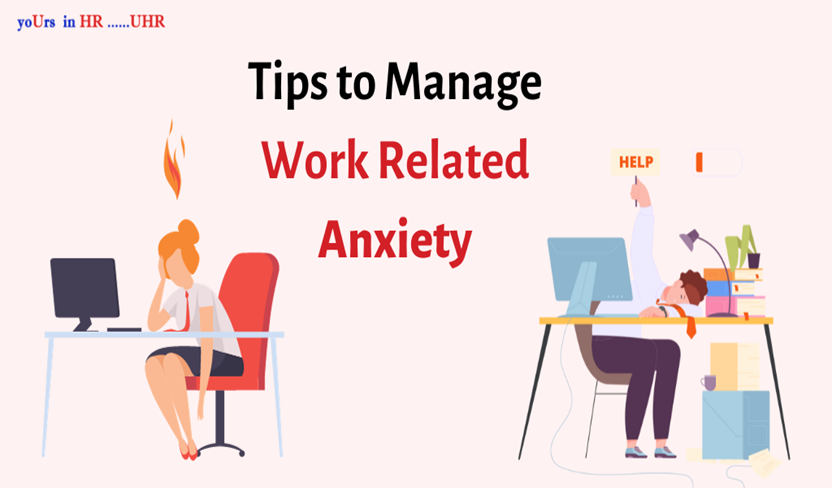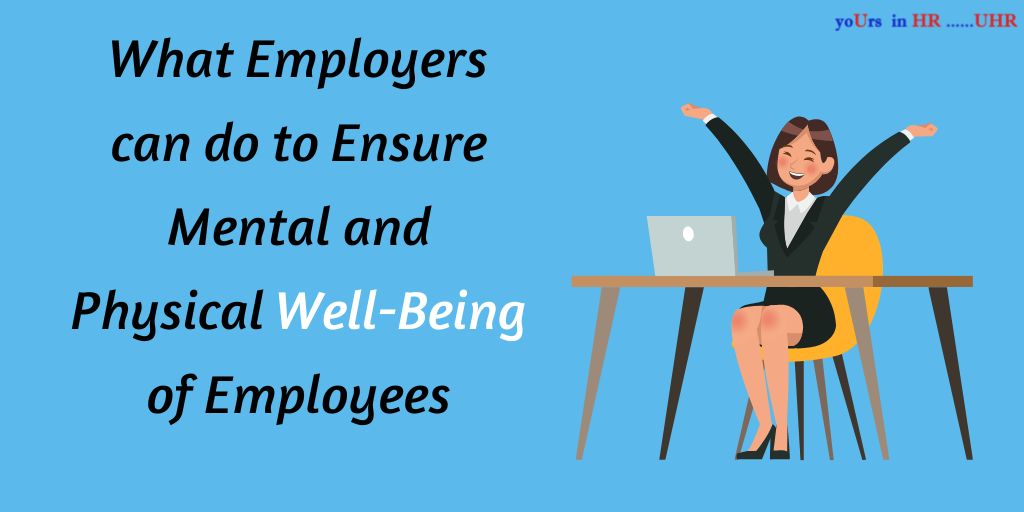
The contemporary work culture with all its recognition for having a work-life balance comes with this catch: even in times of personal turmoil, the work life goes on.
Have we all not faced, some points in our lives, in varying intensities, situations like:
- Things are not that great at home due to many complex reasons but you must continue to do your job and meet all the deadlines as if everything is alright.
- Your pet is unwell, and you must look after the pet’s health, take them to the veterinarian and make sure you finish the project you were tasked with.
- A loved one’s health is deteriorating but time is running out for that report you have to turn in.
- You are feeling out of sorts and in very low spirits but it’s not a good enough reason to skip work.
The list of big and small issues that disturb our mental peace and flow goes on.
There’s only so many leaves and breaks one can take. Big and small stresses of life come and go, but the work goes on. To work, we must go. We often seek out support from our colleagues during tough times, and sometimes we are the ones providing the support that is needed.
Generally, it is believed that people who have been through similar situations can relate to each other better. As a result, when we come to know that, say, a colleague has faced a problem like ours, we naturally go to them for some support. It is a fair rationale. After all it always helps to know that what we might be facing is not a problem unique to our own selves.
But is that always a good option? Recent research by Harvard Business Review says otherwise. Take this little scenario as an example:
Sona was going through a fall out with an old friend of hers. With this stressed out and emotional mindset, she had to go to the office. She didn’t want to use up her leaves, and didn’t want to make an issue out of her emotional state. She also felt that going to work will help her distract from her problems for a while and let her focus and recalibrate. A sensible approach, except this one thing she did: she came to know that a colleague had gone through a falling out like hers recently, and so Sona decided to have a talk with her, hoping to find an empathetic ear who would understand her mindset well.
After the talk, Sona felt even worse.
Why? Her colleague gave a natural empathetic response- generally, we bring up our own similar stories because we don’t want the other person to feel alone. The colleague kept bringing up her own story whenever Sona was telling hers. But did this approach work? Not for Sona.
Sona started to imagine scenarios based on the colleague’s own story, and now she was stressing over things that hadn’t even happened. She started to imagine problems which she hadn’t even thought of until her conversation with her colleague. She started to ruminate and felt even more down in the dumps through the day.
As professionals and colleagues trying to add some humanity in a workplace, what can we do better when a colleague approaches us with an intention to unburden themselves?
- Listen: Listen and don’t bring up your own related or/and relatable experiences. It is a natural response but a person who wants to unburden their sorrows often just wants to be heard.
- Ask: When unsure how to respond, just ask. Ask your colleague if they want to just vent or are they looking for suggestions and advices or do they want a distraction. Respond accordingly.
- Do not judge: Validate their problems and don’t belittle their issues. You may have battled tougher problems and resolved heavier issues than what your colleague is telling you about. In such instances, gently encourage your colleague to rise above the sorrows and griefs, but do not question their sorrow and grief. Big or small, sorrows and griefs are psychological realities for those experiencing them.
- Just talk: Ask questions with an intention to make them talk and not with an intention to get to know more about the problem. The former approach of asking the right questions can help lighten the burden and the tension; the latter might make someone feel like they are being interrogated.
Navigating work while going through personal turmoil is difficult. As colleagues trying to humanise a work culture which demands everyone to put up a brave face and keep going, we can do our bit by reading the room, understanding the situation and the individuals we are dealing with, and do our best to lighten the numerous invisible burdens that we all carry within.



